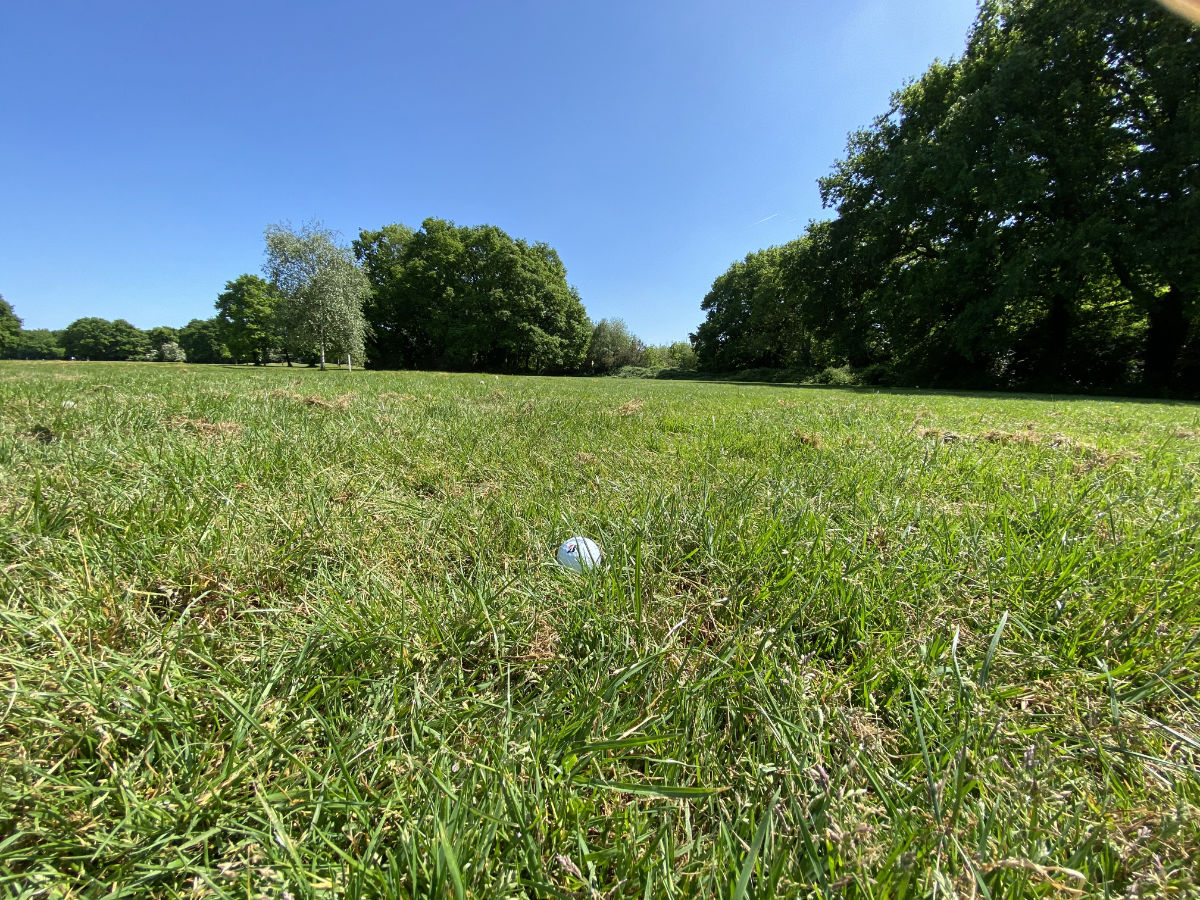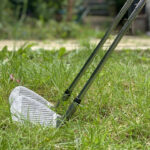In a conventional game of golf, players will take turns to play, which is in accordance with procedures laid down by the Rules of Golf. The principle applied is that the player whose ball is farthest from the hole plays first. This is a simple, sequential process that everyone understands and, under normal circumstances, will follow.
But those same Rules of Golf also make reference to a thing called Ready Golf, in which an entirely different principle applies. In stroke play, when golfers play Ready Golf each player can strike his or her ball as and when they see fit, thereby speeding up the pace of play.
Are There Any Restrictions on Hitting a Ball in Ready Golf?
There are, and they are applied strictly in the interests of safety. Whilst the essence of Ready Golf is to save time, that does not mean the requirement to play in a safe and responsible way should be set to one side. Ready Golf rules are quite clear that only when it is safe to play out of turn without endangering other players should a player attempt to do so.
So in other words, if there is any other player or group ahead on the golf course and there is any risk to them from you playing out of turn, you should refrain from doing so until the danger of an accident or an infringement is no longer present.
Safety provisos and caveats are covered in the rule book under Rule 6.4b.
Where on the Course Can Ready Golf be Played?
Ready Golf can be played anywhere, whether on the fairway, on the green or when hitting a tee shot.
Notwithstanding the fact that is more usually associated with stroke play, Ready Golf rules may be applied during match play too. Here however some technicalities need to be respected if canceled strokes are to be avoided. Rule 6.4a of the Rules of Golf explicitly states that if a golfer plays out of turn the opponent may cancel the stoke and insist that it be replayed.
To counter this, the United States Golf Association (USGA) has inserted a caveat stating that the player can invite an opponent to play out of turn or agree to the opponent’s request to play out of turn, in which case the player forfeits the right to cancel the stroke.
Playing on the Tee
At the tee, playing Ready Golf under the rules does not mean that it is first come first served. Usual etiquette still applies. However longer hitters who wait for a group playing ahead to clear the fairway may allow shorter hitters, where safe to do so, to proceed first.
This helps improve the pace of play because shorter hitters are most likely to be the first to play the next shot.
Playing on the Fairway
When a group is playing on foot, it is helpful for players to try to reach their balls as soon as they are able. Under Ready Golf regulations, the first to do so is then free to do so provided it is safe to proceed.
In the event of one player losing a ball during play, other players should go ahead with their own stroke if they are ready to play, as opposed to joining their opponent in the hunt for the lost ball.
When the group is using golf carts, the driver should be prepared to play ahead of the person who is next if it means not having to wait for that person to retrieve equipment and to set up.
Playing on the Green
Ready Golf can be applied anywhere on or off of the green, including in a bunker. It is particularly useful when one player is in rough terrain and where the next shot will require more planning and execution than usual.
Another example is when a player has a short putt to play, which can quite promptly be put away rather than waiting for an opponent to first hit a long or difficult shot.
What is the Advantage of Ready Golf?
Putting it at its simple best, playing out of turn in a safe and responsible way speeds up the round and makes it more fun to play. Whether in stroke play or match play, wrapping up and moving more swiftly along to the next tee will improve pace of play and thereby enhance the sporting experience for all concerned.
But it is imperative that simple procedures are followed in order to protect the safety of oneself and of other competitors. The difference between efficiency and anarchy in progressing a round of golf expeditiously cannot easily be overstated.
Golfers may still choose, should they so wish, to follow the traditional order of play – in other words the farthest from the hole plays their stroke first – when under no pressure to keep up with a group ahead, or to avoid inconveniencing a group coming up behind. But when there is a need, or just a desire, to save time, Ready Golf provides a handy alternative option.






